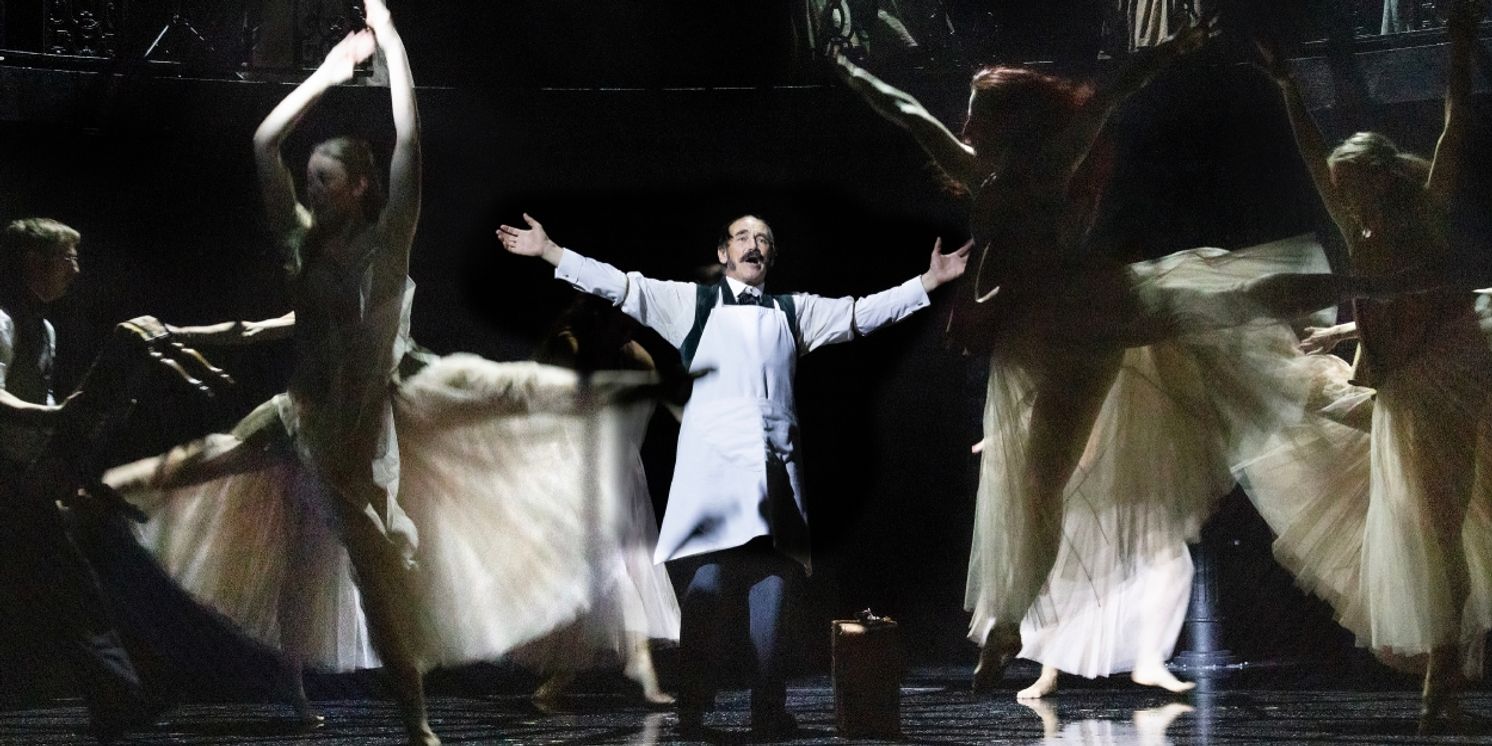Review: DR SEMMELWEIS, Harold Pinter Theatre
Is Mark Rylance's return to the West End just what the doctor ordered?


Is the mere presence of Mark Rylance on stage enough to get bums on seats?
After a critically lauded run at the Bristol Old Vic, Dr Semmelweis, a story of a good doctor’s struggle against scientific orthodoxy, comes to London. Murmurs of Ibsen’s An Enemy of the People echo loudly through the Harold Pinter Theatre: Dr Semmelweis was a real-life obstetrician who spearheaded research into antiseptics. His discoveries would eradicate deadly “childbed fever” saving thousands of mothers after childbirth. But the Hungarian doctor butted heads with scientific authorities and was ostracised from society.
Rylance’s return to the stage is not the theatrical firework display of Jerusalem. He takes an eccentrically introspective turn here. With his Prince Albert style sideburns, his worm like eyebrows ripple and roll as he contemplates each passing idea. You can see his brain whirring with electricity and eyes pop at the Eureka! moments that charge the room with fist pumping triumph.
The direction magnifies this. Scenes swell and fluidly waltz into each other, trains of thought building to moments of discovery. Fittingly it is as if we are looking through a surgical cross section of Semmelweis’ whirlwind brain; characters swan in and out from surrounding darkness. A ghostly string quartet accentuates emotional ebbs and flows, jittery urgency for excitement and discovery, mournful atonality for failure, regret, and death. Director Tom Morris ties it all together with a sense of childlike awe, the same wonder you felt as a kid being taken to the Science Museum on a school trip.
Not all of it sticks. Rylance’s introverted performance demands oxygen, as does the excellent supporting cast. They are robbed of breathing room by a ballet troupe who leap and lumber messily. The maternal symbolism and memento mori are portentously over- laboured. No pun intended. It is if the director thinks he is competing with the attention vacuuming algorithms of social media and doesn’t trust the audience be able to engage without gratuitous aesthetic stimulation.
It distracts from wider questions coiled at the heart of the play. Penned by Stephen Brown “with” Rylance, some ideas are curiously left to linger. Warning against dogmatic adherence to hegemony has a clear resonance today, it’s left ambiguous as to what that resonance actually looks like. Is it cancellation? Groupthink? Doubt about Covid vaccines? (Rylance himself supposedly favours “alternative” medicines) or something more fundamental about human nature?
A moral compass that points in ambiguous directions is a dramatic double-edged sword. Not all epistemic scepticism results in good science: look at Flat Earth theorists and Holocaust deniers. Questioning authorities may be morally necessary, but it can be dangerous weapon to abuse. On the other hand, the audience is, aptly, provoked to answer for themselves rather than being force fed a particular stance.
In any case the curtain falling is not the end; you will leave Dr Semmelweis both proud of our species’ dedication to science and downtrodden by our hubristic stubbornness, our cruel capacity to silence those who challenge authority. Both require serious mulling over.
Dr Semmelweis runs at the Harold Pinter Theatre until 7 October
Photo Credit: Simon Annand
Reader Reviews
Videos

